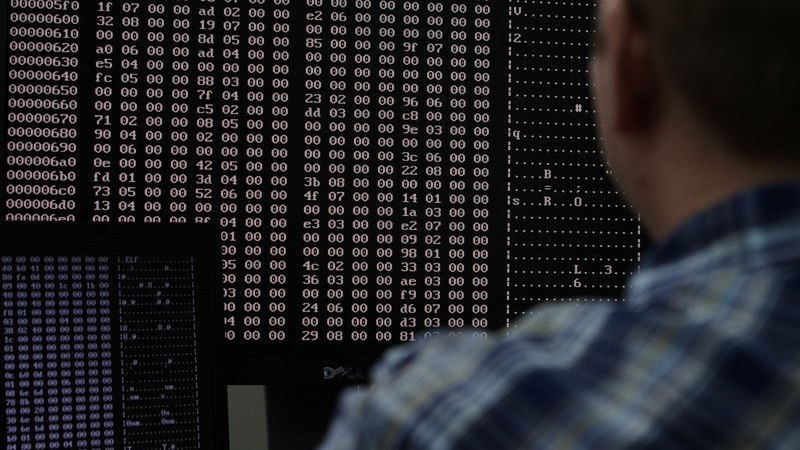Securities regulators are looking at the concept of "shadow trading", in which corporate insiders trade shares of “economically-linked” stocks, with possible enforcement actions to follow
When I prosecuted securities fraud as a Senior Trial Counsel at the U.S. Securities and Exchange Commission (SEC), I got into what some might consider a strange habit: Trying to figure out ways in which the participants in the schemes I prosecuted could have achieved similar economic results without breaking the law by, for example, using proper documentation or disclosures.
I discussed with fellow SEC counsel whether corporate insiders might be able to legally profit on confidential information obtained in the course of one’s employment — but avoid prosecution by trading in the securities of other companies. Let’s say an auto manufacturer executive learned her employer had developed battery technology to allow a car to go 600 miles on one charge. While she would be unable to trade her employer’s stock prior to any public announcement, would it be illegal to short the shares of a competitor with an electric car, on the theory that competitors would look worse? Or would the announcement raise interest in electric cars across the board, benefitting all?
I recall multiple discussions with my colleagues about whether this would qualify as insider trading, as well as the relative difficulty involved in ascertaining whether or how news of developments at one public company might affect the shares of another. We concluded that the complexities of carrying out such a successful scheme made it unlikely to occur with significant frequency.
The SEC shines a light on ‘shadow trading’
A recently published article, based on statistical analysis, claimed that insiders used non-public information to trade in what the article characterized as “economically-linked” firms, a practice it called shadow trading, and suggested increased regulatory attention was warranted.
Regardless of how robust the statistical analysis might have been, however, enforcement activity must rely on admissible evidence relating to specific persons, not merely numerical inferences based on industry analysis. Thus, it seemed unlikely that there would be an enforcement case unless the perfect situation was presented.
Apparently, the perfect scenario finally arose in a case filed by the SEC on August 21 in the U.S. District Court for the Northern District of California. Matthew Panuwat, an insider at a healthcare company, traded securities of a competitor upon learning that his company would soon be acquired by Pfizer. He allegedly calculated that the acquisition would make competitors attractive acquisition targets.
So, what does this mean? Does this mark the beginning of an aggressive new enforcement push to expand the scope of insider trading to include any misuse of confidential information? Is it effectively the grafting of anti-trading prohibitions on corporate insiders?
Probably not, in large part because this was truly a perfect storm of a case presenting facts that might be very unlikely to recur with great frequency. Among other things:
-
-
- Panuwat agreed in writing to keep information learned on the job confidential;
- Panuwat explicitly agreed not to use confidential information to trade in the securities of other companies;
- The transactions were short-term, out of the money options (e., trades most likely to lose money absent the immediate announcement of market-moving news). He also had never made similar trades before;
- The trades were made on his work computer, within a few minutes of learning of the acquisition.
-
It is also going to be a challenge for the SEC to convince the district court Panuwat’s actions legally amounts to insider trading, or even if it does, to use this case as a baseline for future cases. Clearly the SEC recognizes the tenuousness of its legal position, based on the timing of the lawsuit. Even though the facts are very simple, and likely to be uncontroverted in large part, the action was filed only days before the expiration of the limitations period. This suggests that whether or not to bring the case was a subject of discussion and doubt at the Commission, and that it was likely a last-minute decision to do so.
Guidance and best practices
So, what does this mean going forward for corporate insiders and their legal counsel? Does this herald a new era of shadow trading cases? In all likelihood, probably not, absent fact scenarios like the Panuwat case. And even that depends on the case surviving a motion to dismiss and review by the U.S. Court of Appeals for the Ninth Circuit.
The situation does, however, point to the importance of companies adopting policies that clarify the importance of employees keeping material non-public information confidential, including not using it to trade securities of any company, not just those of the employer. This way, companies can avoid both enforcement cases and private litigation that alleges the company had inadequate controls.
While the Panuwat case might not herald a new policy to attack shadow trading specifically, its importance might lie instead in its indicating an increased willingness of the SEC to forcefully push the boundaries of the securities laws.
With the change in administrations and new leadership at the SEC, the sun might be rising on a new day of SEC aggressiveness.







